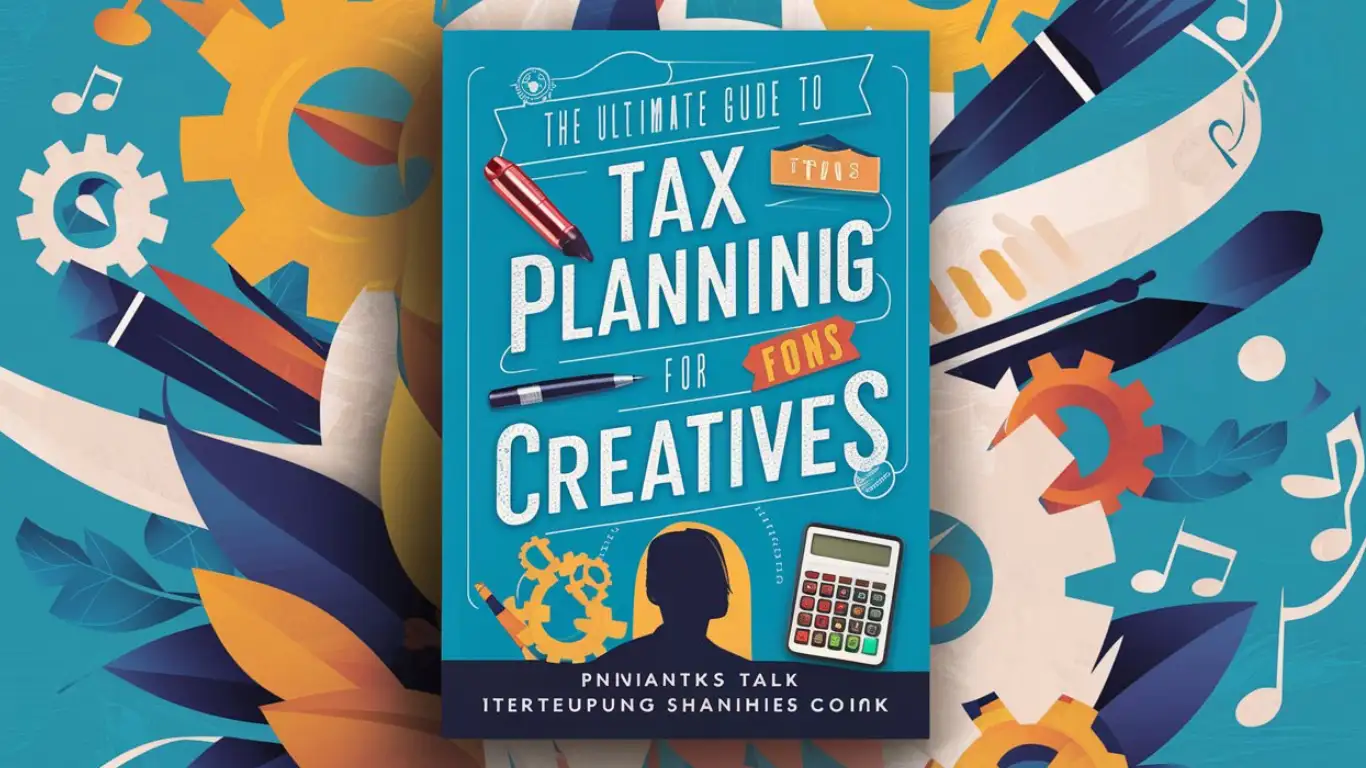If you’re thinking of buying a Thailand condominium in The River by Raimon Land, you need to know the property taxes you’ll be liable for before making this decision. In this popular Southeast Asian country, the following categories of property are taxed: residential (such as condos), commercial, agricultural, and unused or vacant land. Prior to 2020, property tax rates were assessed based on income, but then the Thai government passed a law to assess taxes based on a property’s appraised value instead in the hopes that it will encourage citizens to utilise their land and help decrease the overall tax burden on those who own properties.
Maximum property tax rates
The law sets a ceiling tax rate for the different property categories; however, note that there may be progressive rates depending on the total appraised value of the property.
- Residential: This refers to dwelling places for individuals and has a maximum tax rate of 0.3 percent.
- Commercial: This is defined as property or land that’s solely used for commercial purposes and has a max tax rate of 1.20 percent.
- Agricultural: This covers properties used for various agricultural purposes such as aquaculture, farming, animal domestication, etc. and its maximum rate is 0.15 percent.
- Vacant or unused: This is land that could either be vacant or not used for a reasonable purpose and it comes with a max rate of 1.20 percent.
Tax rates based on property values
Both Thai citizens and foreigners are exempt from paying tax on the first 50 million baht of a property’s total appraised value. However, an important detail to keep in mind is that non-citizens can only purchase condominium units but cannot directly own a piece of land in the country.
- 0.02 percent tax rate for a property worth 0 to 40 million baht with payable tax not exceeding 8,000 baht annually
- 0.03 percent tax rate for a property worth 40 to 65 million baht with payable tax not exceeding 19,500 baht annually
- 0.05 percent tax rate for a property worth 65 to 90 million baht with payable tax not exceeding 45,000 baht annually
- 0.1 percent tax rate for a property worth 90 million baht or more with payable tax up to 90,000 baht or more annually
Tax reductions
The law also allows for certain tax deductions in cases where the property owners qualify under specific conditions.
- 50 percent tax reduction:
- Any property that’s inherited and used for residential purposes with the owner’s name on the deed
- Properties used for energy infrastructure such as power generation plants.
- 90 percent tax reduction:
- Buildings under development for no longer than three years for an industrial estate
- Buildings awaiting sale if they’ve been owned by financial institutions for no more than five years
- Buildings under development for residential use
- Buildings under development for educational institutions
If you’re ready to make a property investment in beautiful Thailand, then check out the different listings available on the Citadel Real Estate website. We would love to help you find your new home, so contact us today.








